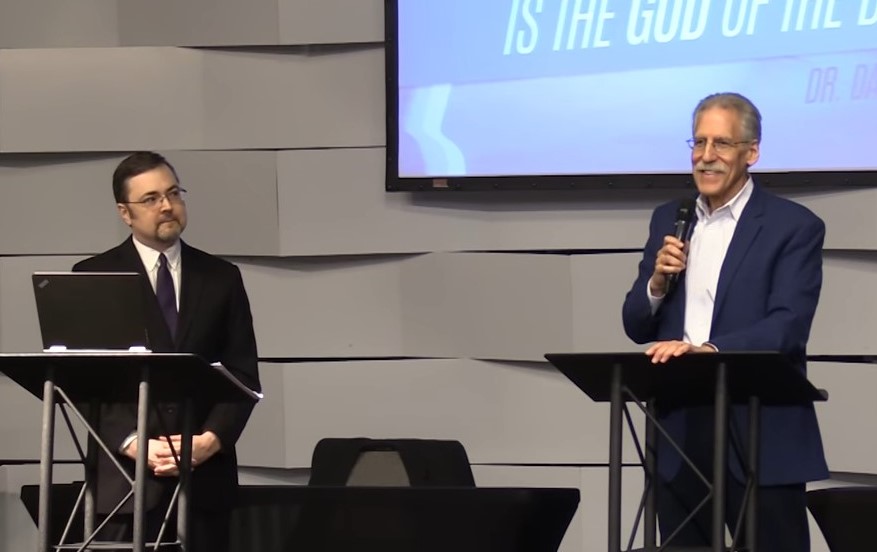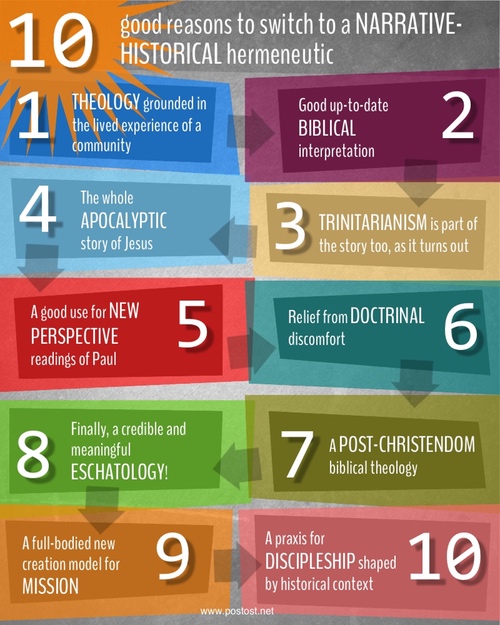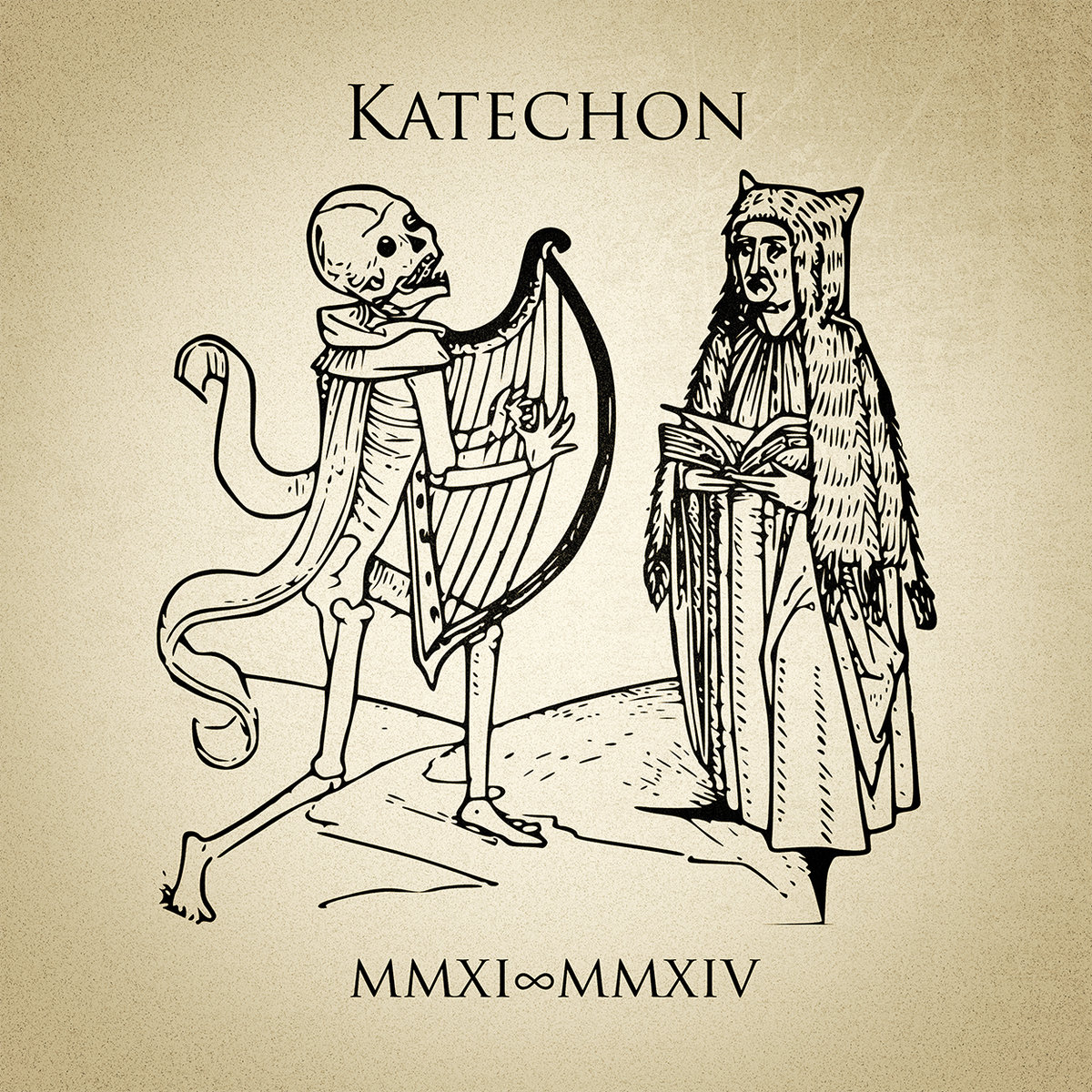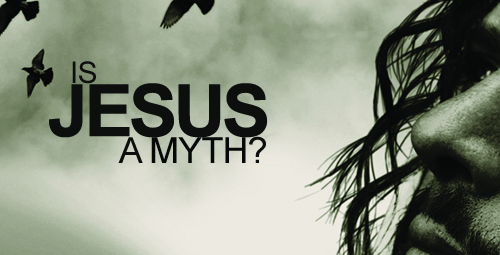In his recorded debate with Michael Brown (podcast 250 – Tuggy vs. Brown debate – audience Q&A - January 11, 2019), Dale Tuggy (03:30 and on) seems to have made a blunder when, in his opening statement, he referred to his presentation Clarifying Catholic Christologies where, among other, he considered the possibiliy that Jesus pre-existed. From there to affirming, as Justin Martyr did, that the Old Testament shows that "there was another God and Lord", "holding second place", it is an almost inevitable step.
Once Dale Tuggy had made that clumsy concession, it was almost inevitable that Michael Brown had room to roam freely, because (as I have repeatedly warned Dale Tuggy, but whe won't heed), if you want to keep affirming the One God of the Biblie, either you end up in "Biblical Unitarianism" (the modern name of the heresy of Theodotus the Tanner - as the quotations provided by Jenn amply confirms), or you settle (after going through the sequence, pre-existence => second god => eternal generation => Arian crisis => homoousios) for the fully fledged (co-equal, co-eternal, tri-personal) "Trinity" of the Cappadocian scoundrels.
There is another way, the way of the logos, essential attribute ("hand" - together with the other "hand", God's pneuma) of the One and Only God, the Father Almighty and of the incarnation of God's logos (John 1:1,14 - which is just presented in a different, more specific way in Luke 1:35). For some reason which I cannot fully explain, the Conciliar Fathers at Nicea (325 CE) chose not even to mention the logos in the Creed, even though (unlike the homoousios) it was fully scriptural. Not only, it was an integral part of the draft of creed that Eusebius of Caesarea had brought with himself at Nicea, but was discarded (see post Why wasn't the Logos included in the Nicene Creed?)
Once Dale Tuggy had made that clumsy concession, it was almost inevitable that Michael Brown had room to roam freely, because (as I have repeatedly warned Dale Tuggy, but whe won't heed), if you want to keep affirming the One God of the Biblie, either you end up in "Biblical Unitarianism" (the modern name of the heresy of Theodotus the Tanner - as the quotations provided by Jenn amply confirms), or you settle (after going through the sequence, pre-existence => second god => eternal generation => Arian crisis => homoousios) for the fully fledged (co-equal, co-eternal, tri-personal) "Trinity" of the Cappadocian scoundrels.
There is another way, the way of the logos, essential attribute ("hand" - together with the other "hand", God's pneuma) of the One and Only God, the Father Almighty and of the incarnation of God's logos (John 1:1,14 - which is just presented in a different, more specific way in Luke 1:35). For some reason which I cannot fully explain, the Conciliar Fathers at Nicea (325 CE) chose not even to mention the logos in the Creed, even though (unlike the homoousios) it was fully scriptural. Not only, it was an integral part of the draft of creed that Eusebius of Caesarea had brought with himself at Nicea, but was discarded (see post Why wasn't the Logos included in the Nicene Creed?)




.jpg/600px-Retable_de_l'Agneau_mystique_(10).jpg)
.jpg)

